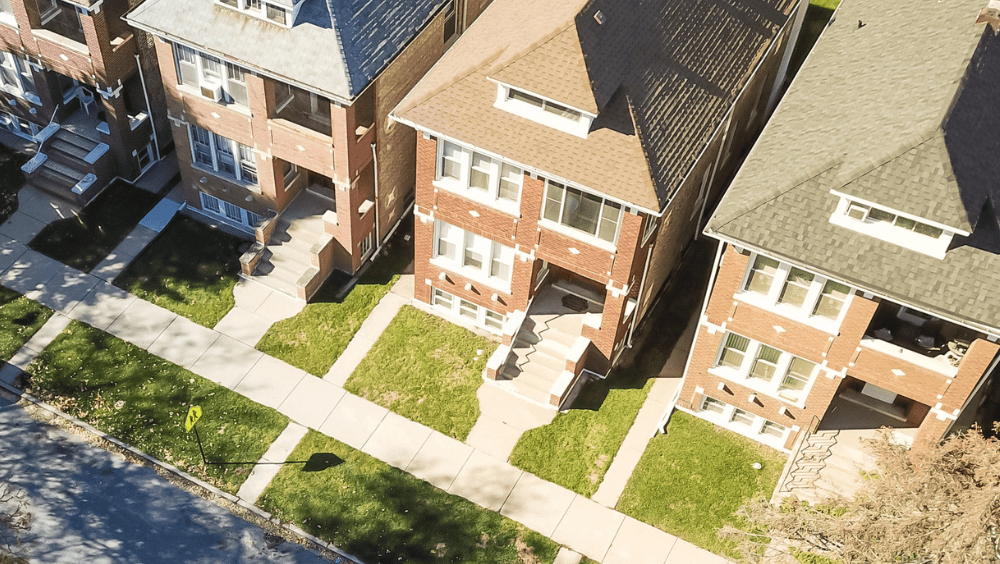
Are you a Lake County homeowner with questions about the Lake County transfer tax? While not complicated, transfer taxes are an important part of any real estate transaction, and Illinois is, unfortunately, not a state where such taxes are nonexistent. As such, you’ll want to have a good understanding of how transfer taxes work in Lake County — who pays for them, how much they can impact your bottom line, and if you are exempt from paying them for any reason. Don’t worry. HomeLight’s quick guide will help explain how these taxes work, and what you can expect when selling your Lake County home. Real estate transfer taxes are charged by state or local governments when property ownership is transferred from one individual to another. According to the Federal Trade Commission, these taxes are due when the title to a property, essentially the document that confirms your legal ownership, is officially passed to a new owner. The amount you owe in transfer taxes can vary significantly based on the property’s location. Different states, counties, and cities can establish their own rates and regulations for these taxes. Transfer taxes primarily serve as a means for local and state governments to generate revenue, funding various public services and infrastructure projects. Unlike other states, Illinois does not have a hard and fast rule on who pays for transfer taxes. In Lake County, it falls to the buyer or the seller, depending on the terms of the sales agreement.What are transfer taxes?
Who pays for transfer taxes?



